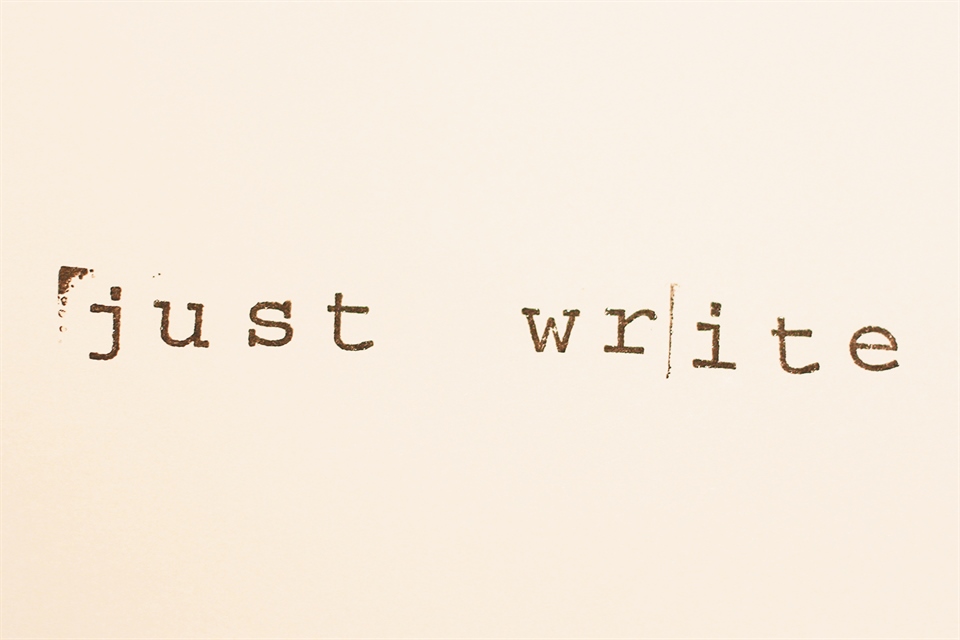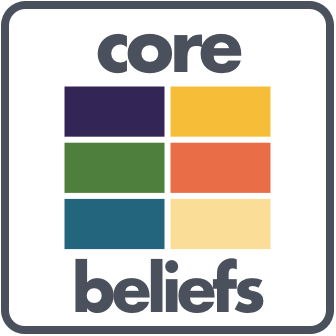Before diving into the process of teaching peer writers about argument development, we must first make sure that we fully understand these concepts ourselves! By doing so, we’re ensuring that we give the best, and correct, amount of feedback we can to writers. With that being said, let’s answer a few questions about this topic!

What is Argument Development?
Argument Development is known as the process of persuading your reader(s) and using logic to reach a conclusion. It is also a way of confirming your argument and the beginning process of building your case, or in this situation, building your paper. By persuading your audience, you must first start your paper off with an introduction paragraph that includes a thesis statement. A thesis sentence, as you’ve likely encountered before, is where you let your audience know what your stance is with your topic by successfully answering the “so what” concept. But wait, what is the “So What” concept?
“So What” Concept?
The “So What’ factor is the question that’s typically asked when someone is developing their thesis statement. It helps the writer figure out what it is they’re trying to express to their audience, without the risk of making their statement too broad. In doing so, it answers three important questions:
- “What is your claim?”
- “How is your claim supported?”
- “Why does your claim matter?”
Now, How Do We Help with Argument Development?
After learning all of this information, the main question now is how do we use these tools to help with teaching Argument Development? There are three ways that will help successfully help with this problem that will be discussed below:
1. Identify Arguments within the Prompt
With your writers, you want to make sure that you locate the potential main arguments within the prompt, while also trying to find different points of view of solutions to that particular problem. Another thing you want to keep in mind is identifying explicit instruction words that could help the writer figure out what specifically is required of them. Some of these words that might be included in the prompt of directions include things like compare and contrast or discuss.
2. Have Writers Evaluate Arguments/Thesis Statements
There may be some writers that you encounter that may need a visual example of how to properly develop an argument or their thesis statement to help them fully grasp these concepts. With this in mind, try to either find examples of argumentative paragraphs or thesis statements and have a discussion on whether or not they are properly developed. This exercise can help writers get ideas and brainstorm on how to properly develop their main ideas.
3. Encourage Writers to use Evidence to Support Claims
It is common for writers to incorporate evidence that supports their claim(s), but what I noticed is that some don’t incorporate or discuss evidence that actually goes against their argument. By including opposing points and their counterarguments, this can actually make a writer’s argument even stronger. In this process of encouraging your writer, brainstorm on some opposing points that goes against their claims and discuss the different ways that they can use this information to their advantage.
Don’t Forget to Incorporate Core Values!

When helping writers with this topic, it’s best to keep the University Center for Writing-based Learning’s (UCWbL) core values in mind to help with the relationship between yourself and the writer. Some to help keep in mind is revision, transparency, and respect; this is because in this process you want to be willing to be transparent about what you might struggle with your arguments, be respectful of the writer’s voice and opinion, and help revise what it is they need help with.
When it comes to helping with argument development, you want to make sure that you fully understand the concepts of what goes into getting a writer to fully understand these objectives and be fully transparent to help them grasp this idea.
Discover more from UCWbLing
Subscribe to get the latest posts sent to your email.
